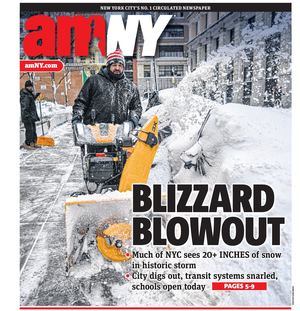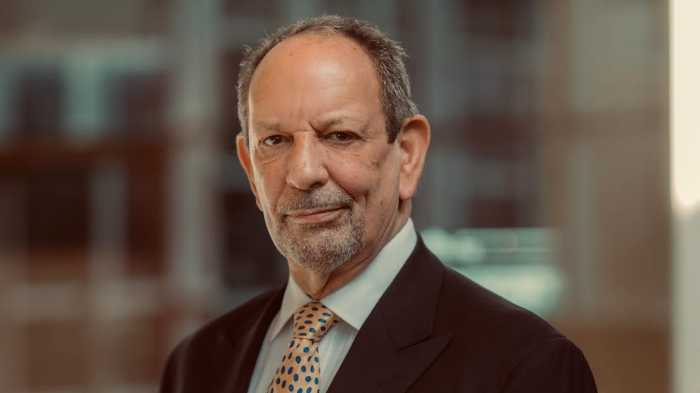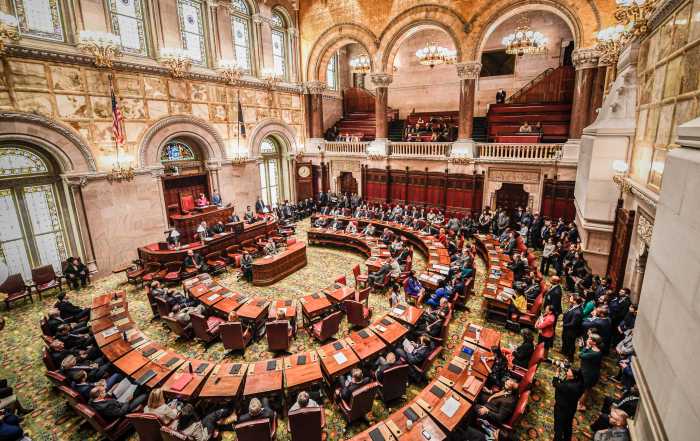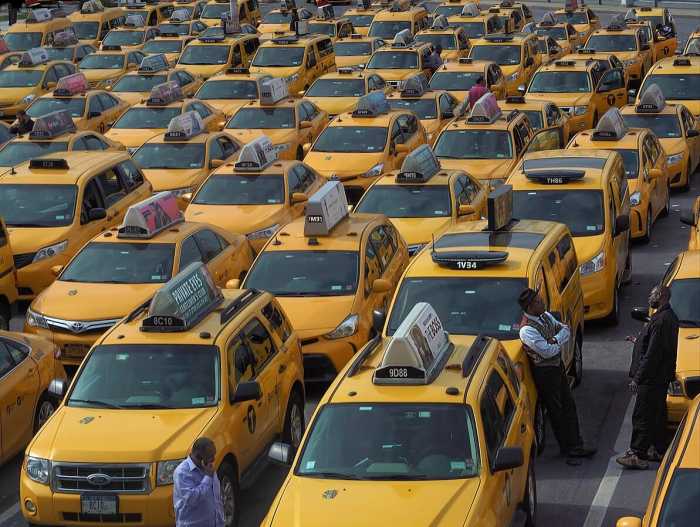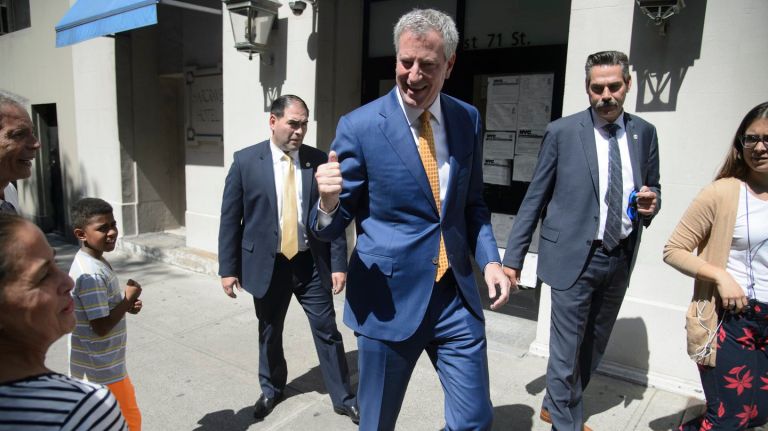
It’s called “The Pragmatist,” and it’s a book about Mayor Bill de Blasio. That title might surprise some New Yorkers, but Hunter College professor Joseph P. Viteritti makes the case that the best way to analyze the mayor is as a politician who is both an insider and an outsider. Viteritti tracks that duality throughout de Blasio’s life and career as a way of explaining some of his policy positions and electoral successes.
Viteritti’s book sketches de Blasio’s upbringing as the child of two strong-willed parents. His mother was a writer and college graduate, his father a decorated war veteran who struggled personally back home and committed suicide when de Blasio was 18. The book details de Blasio’s move to NYC and early campaigns in local politics, and his path to Gracie Mansion in the context of previous mayors. After two decades of non-Democratic leadership, Viteritti says de Blasio represents a reversion to a progressive mean for the five boroughs.
amExpress sat down with Viteritti in his Hunter office framed by the face of former Mayor John Lindsay, the subject of his last book.
So is de Blasio a firebrand or a pragmatic executive?
He’s both. One big example: He runs against [the legacy of] Bloomberg after NYC elects Bloomberg three times and Giuliani twice before that. Along comes this progressive with a totally different view of government. What he does is say this is all about economic justice. This is a couple years before Bernie Sanders.
So that would be the firebrand side.
That’s the firebrand side, but it turned out to be very pragmatic because it was a winning strategy. It resonated with people, that’s how he won. And you can say he had foresight, he had vision, he was pragmatic, he was principled. It was all those things really.
Is Sanders similarly progressive and pragmatic?
I see the two of them as pragmatists in the sense that the profile of people that see themselves as radicals or willing to take on very left-of-center causes usually stay on the outside of the political process. They become advocates, prodders who push the system along. They don’t necessarily jump into it the way Sanders and de Blasio did, and say I’m gonna run for office and deal with all the things that involves. Including making compromises on policies.
What larger lessons are you drawing from de Blasio in the book?
Is it possible to maintain a progressive agenda without serious support from Washington? Because the two great examples we’ve had of urban progressivism were during the Great Depression and the Great Society. In each case you had a president, FDR and LBJ, who was very supportive of that agenda and came across with resources that allowed it to happen. De Blasio launches a very ambitious housing program. What you have to remember is three out of four dollars are coming from the private sector, and people seem surprised that he had to negotiate with the real estate industry.
So this is the interesting question, right: Is he doing that from practical constraints? Are there other alternatives?
I think he’s dealing with reality. I discussed this with him. I said, “You compare yourself to La Guardia a lot but it’s a dangerous comparison because you don’t have La Guardia down in DC to help you out. You’re living La Guardia’s dream in Bloomberg’s NYC. What you really walked into was a situation with very little help from Washington that’s only getting worse.”
And what’d he say?
Here’s where the pragmatist comes out: He said, “Well, I could pine over what I don’t have or I can work with what I do have.”
When you were interviewing him, did you observe anything that didn’t make it into the book?
What was most surprising was how open he was. I didn’t feel anything guarded in him. When I got there, I was talking about the progressive mayors, and he asked, “Why did you consider Wagner progressive?” And I’m wondering, is this guy killing time? But he really wanted to talk about it. He said, “Would you mind if I asked someone to join us,” and he gets on the phone and calls his son, Dante, who comes down because he’s working on a project on NYC history up at Yale. And then as I got into the family history, he gets on the phone again and I hear him saying, “Are you decent? Can you come down,” so obviously she wasn’t prepared for an interview. His wife joins us. I felt like I was visiting friends at their home.
[Here your interviewer briefly expresses surprise given how the mayor sometimes interacts with the NYC media. Maybe the historical perspective appeals.]
He comes from a very intellectual family. His mom was a very intellectual woman. She had a degree from Smith and had written a couple of books. So this is a very intellectual background he comes out of and he has these intellectual instincts that I think doesn’t come off in a press conference.
Do you think he has presidential ambitions?
I think anybody who runs for the local school board has this fantasy of being in the Oval Office, and making the big decisions. So if by the time you run for NYC mayor, how does that not cross your mind?
What would you say is his biggest failing as mayor?
People ask why is his popularity relatively low. I think it’s people’s attitude to politics in general. They understand that the system is rigged and it’s been polluted by money. So when he gets caught up in these things about campaign finance [investigations into de Blasio’s fundraising efforts which did not result in charges], it kind of makes him look like everybody else. He played by the rules and the rules are dirty.
Who is exciting to you to watch in city government beyond de Blasio?
He’s the most interesting game in town. Partially because he’s mayor, and I’m paying more attention to him. He’s redirected where this city’s gong. If you looked at the spending, there’s been a redirection of spending towards vulnerable people. You may not be satisfied with how far he’s taken it, but you can’t deny that he’s redirected the priorities.
This interview has been condensed and edited for clarity.
